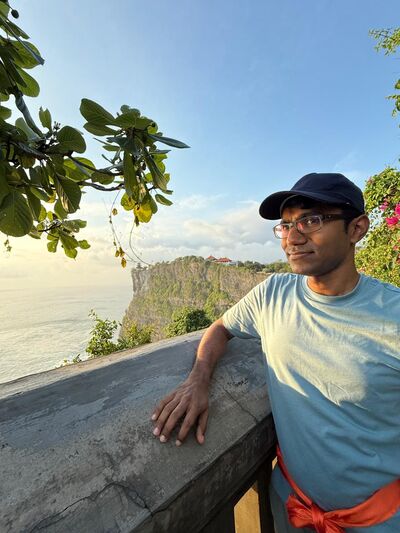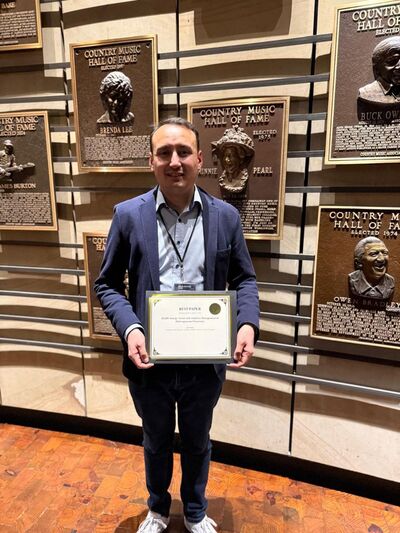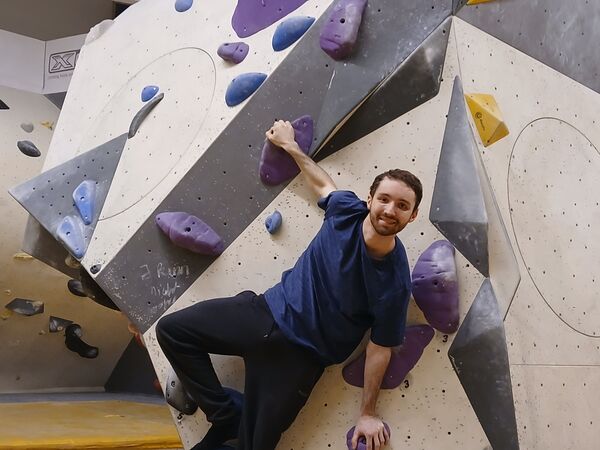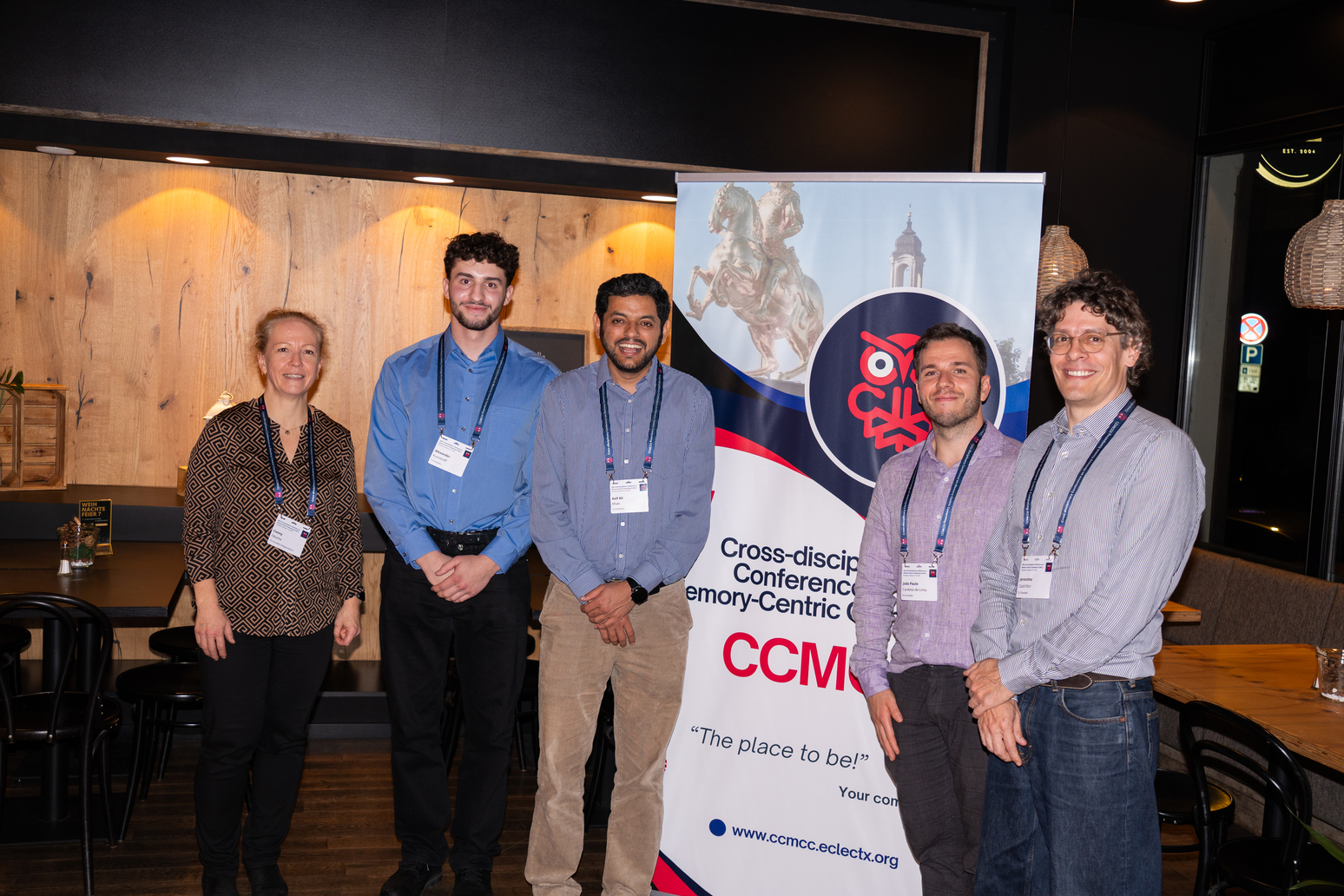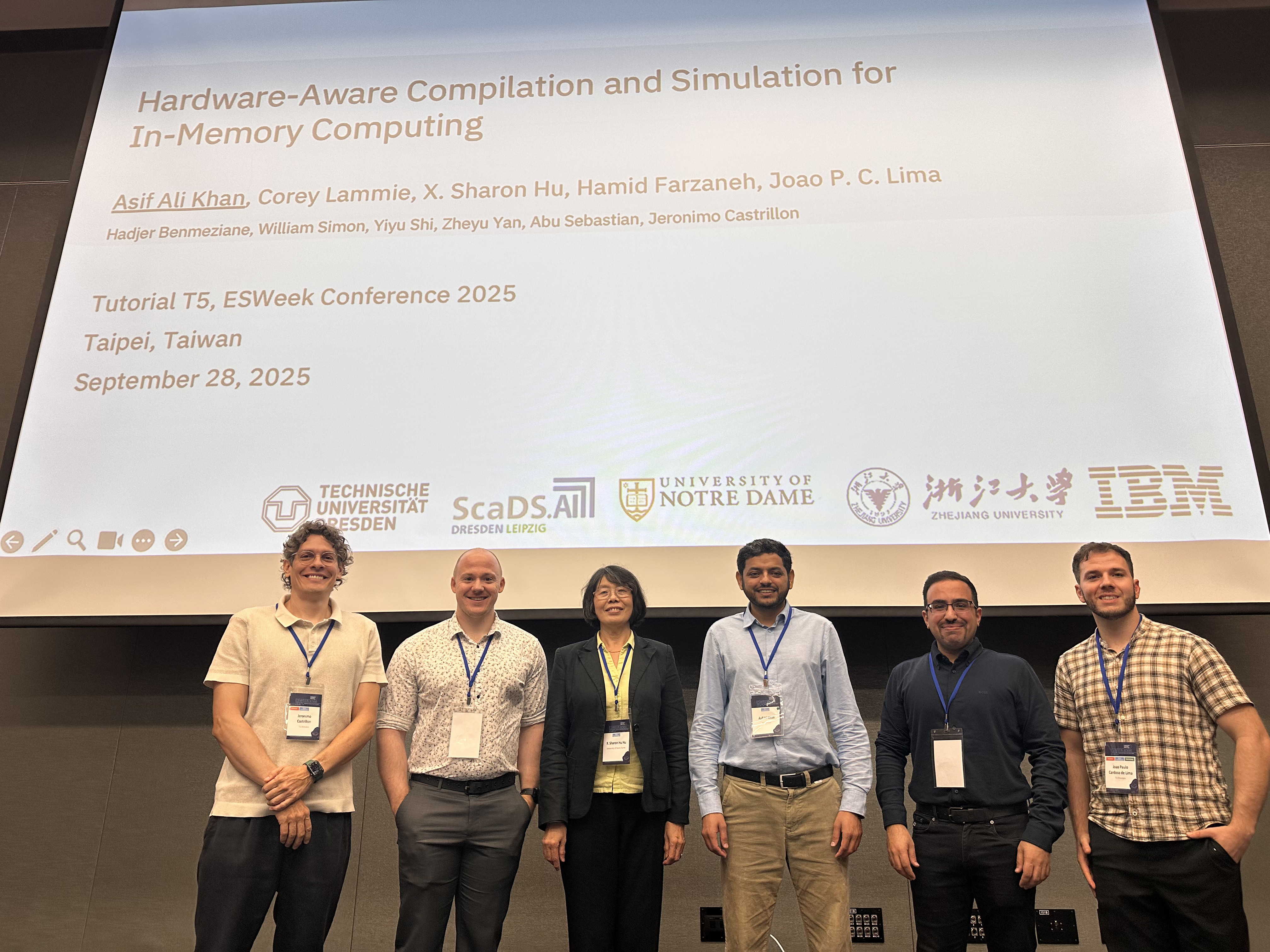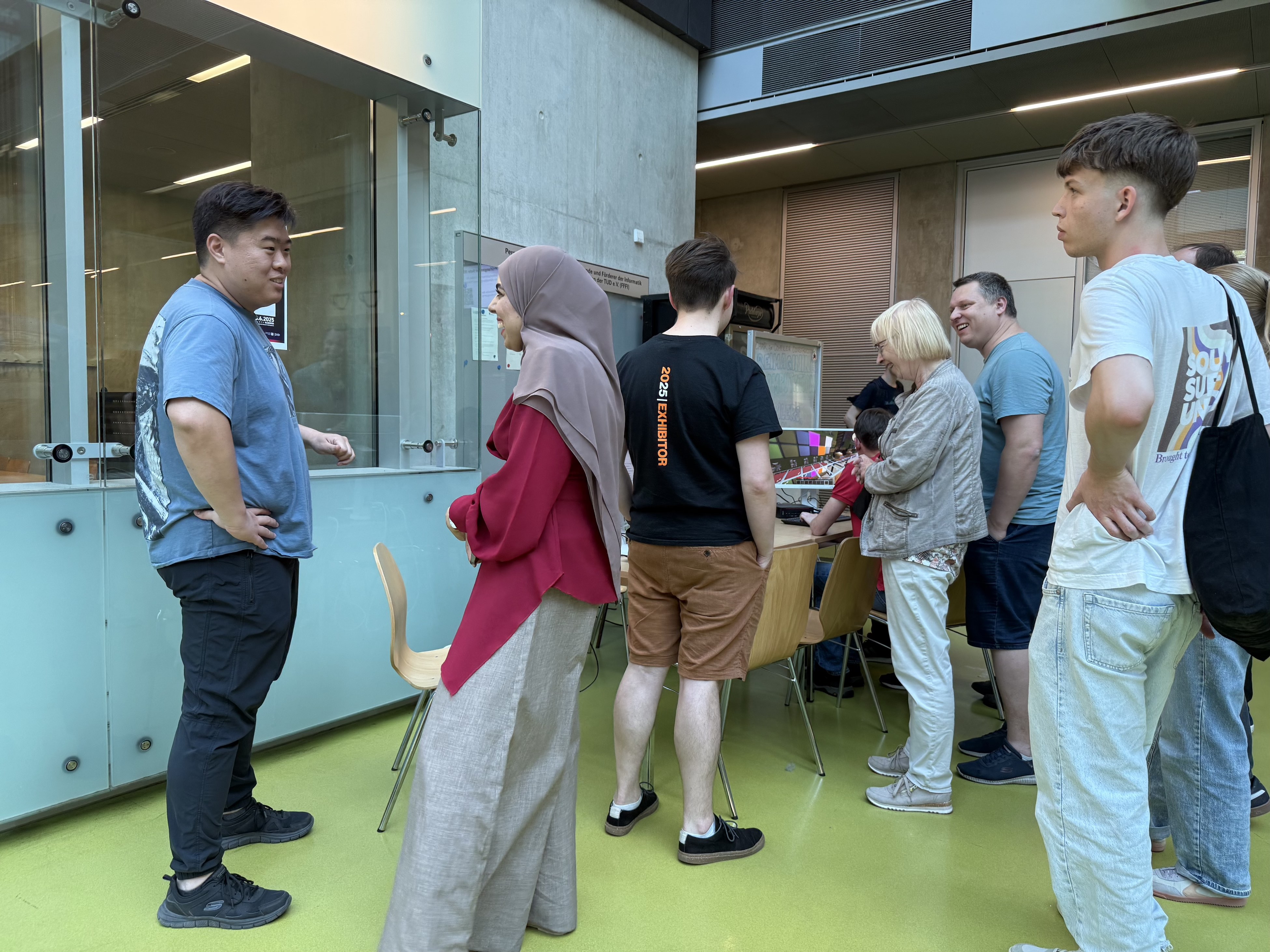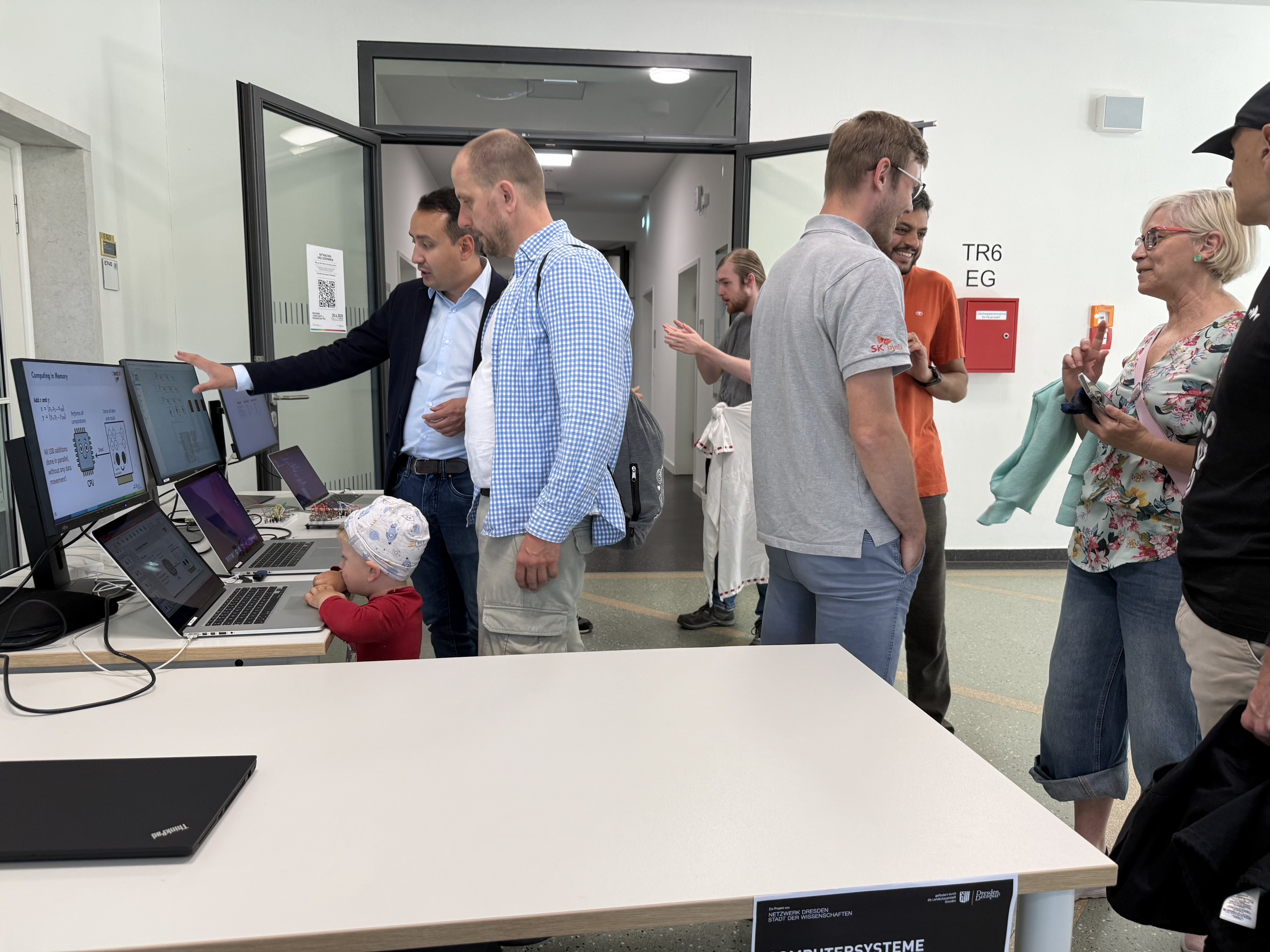Chair News
Success in the Marie Skłodowska-Curie Actions: TU Dresden secures seven EU Doctoral Networks
TU Dresden news from Dec 19, 2025
Published on
2 million EUR to simplify the programming of computer systems: TUD researcher Jerónimo Castrillón-Mazo receives ERC Consolidator Grant
Published on
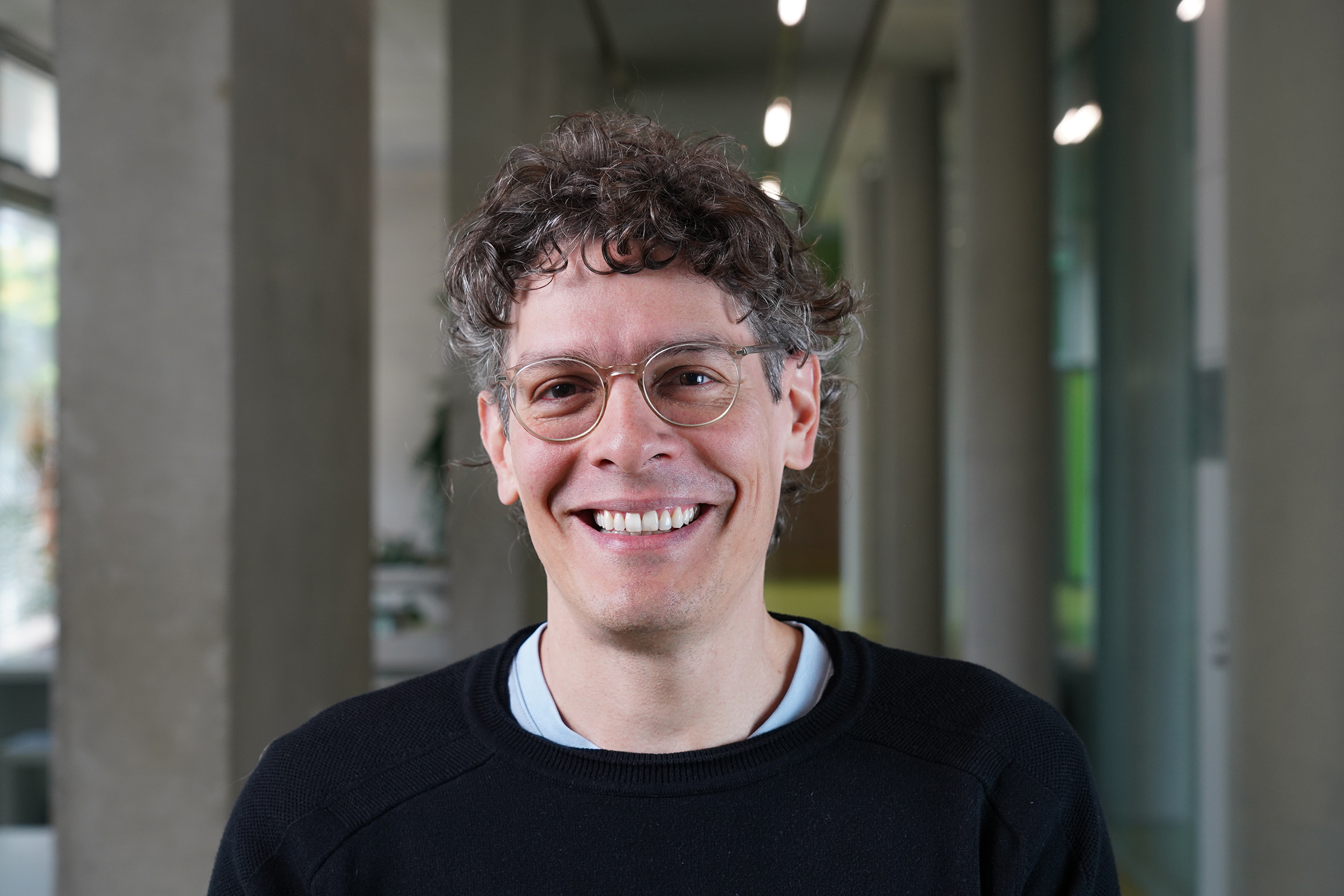
CC Chair at the DAC'25
Published on
CC Chair at LNdW 2025
Published on
Marcus Rossel and Max Kurze receive thesis awards!
Read more … Marcus Rossel and Max Kurze receive thesis awards!
Page 1 of 17





